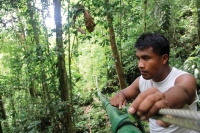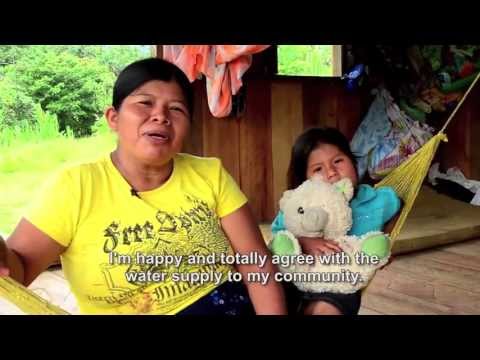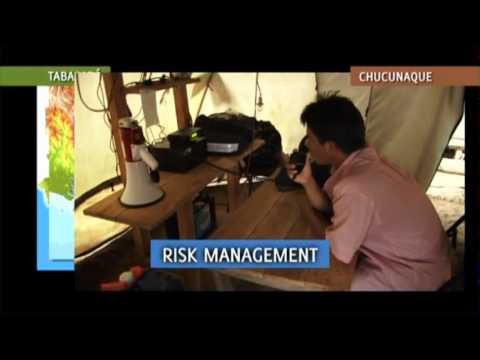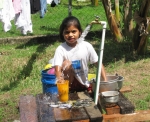

Panama
The Americas
Panama
Capital Panama City
Population 3.3 million
Life Expectancy 77.25
Access to clean water 92%
Adult literacy 91.9%
Under five mortality 12.67 per 1,000 live births
GDP per head (US$ PPP) $11,700

-
Country Fact Sheet
 This Fact Sheet summarizes the key achievements of the Joint Programmes in Panama.
This Fact Sheet summarizes the key achievements of the Joint Programmes in Panama.
Panama Joint Programmes Fact Sheet.pdf (194 KB)




